News & Announcements
- Details
- Written by Joshua Wachtel
Lea los materiales de presentación.

El jueves 05 y viernes 06 de marzo del 2020, IIRP Latinoamérica celebró el congreso internacional “Justicia y Educación con Visión Restaurativa” en la Ciudad de México. Más de 100 participantes de 11 países diferentes (Brasil, Chile, Perú, Colombia, Costa Rica, Honduras, El Salvador, Guatemala, México, España y Estados Unidos) se reunieron para compartir experiencias y proyectos restaurativos que han venido estableciéndose en América Latina con una rica variedad de perspectivas y abordajes. Este evento representa una oportunidad para contribuir con el sentido de comunidad entre personas que trabajan justicia restaurativa, la socialización de buenas prácticas y el propósito de incrementar un sentido de esperanza para nuestra región latinoamericana.
- Details
- Written by IIRP Staff
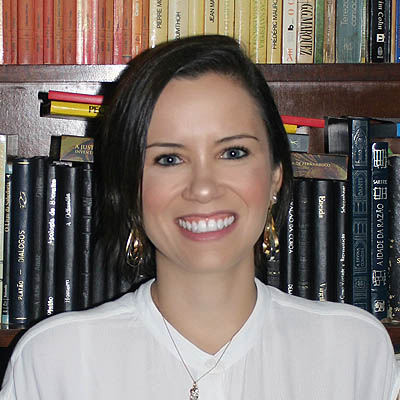 The IIRP Graduate School is proud to announce the creation of a Thesis Option for students and alumni of our Master of Science in Restorative Practices. The thesis option provides an opportunity to conduct and publish research in the restorative practices field.
The IIRP Graduate School is proud to announce the creation of a Thesis Option for students and alumni of our Master of Science in Restorative Practices. The thesis option provides an opportunity to conduct and publish research in the restorative practices field.
To help facilitate the program, IIRP Assistant Professor Fernanda Fonseca-Rosenblatt, Ph.D., has been named a faculty member and will serve as Faculty Advisor for students choosing the thesis option.
“For the past three years I have been an adjunct professor at the IIRP,” says Dr. Rosenblatt. “We have so many great students who are not just interested in studying and research but who are working in the field every day. With the thesis option, we are giving them a platform where they can show the world what they are doing and actually contribute to the field, not just theoretically but in practice.”
- Details
- Written by Kate Shapero '10
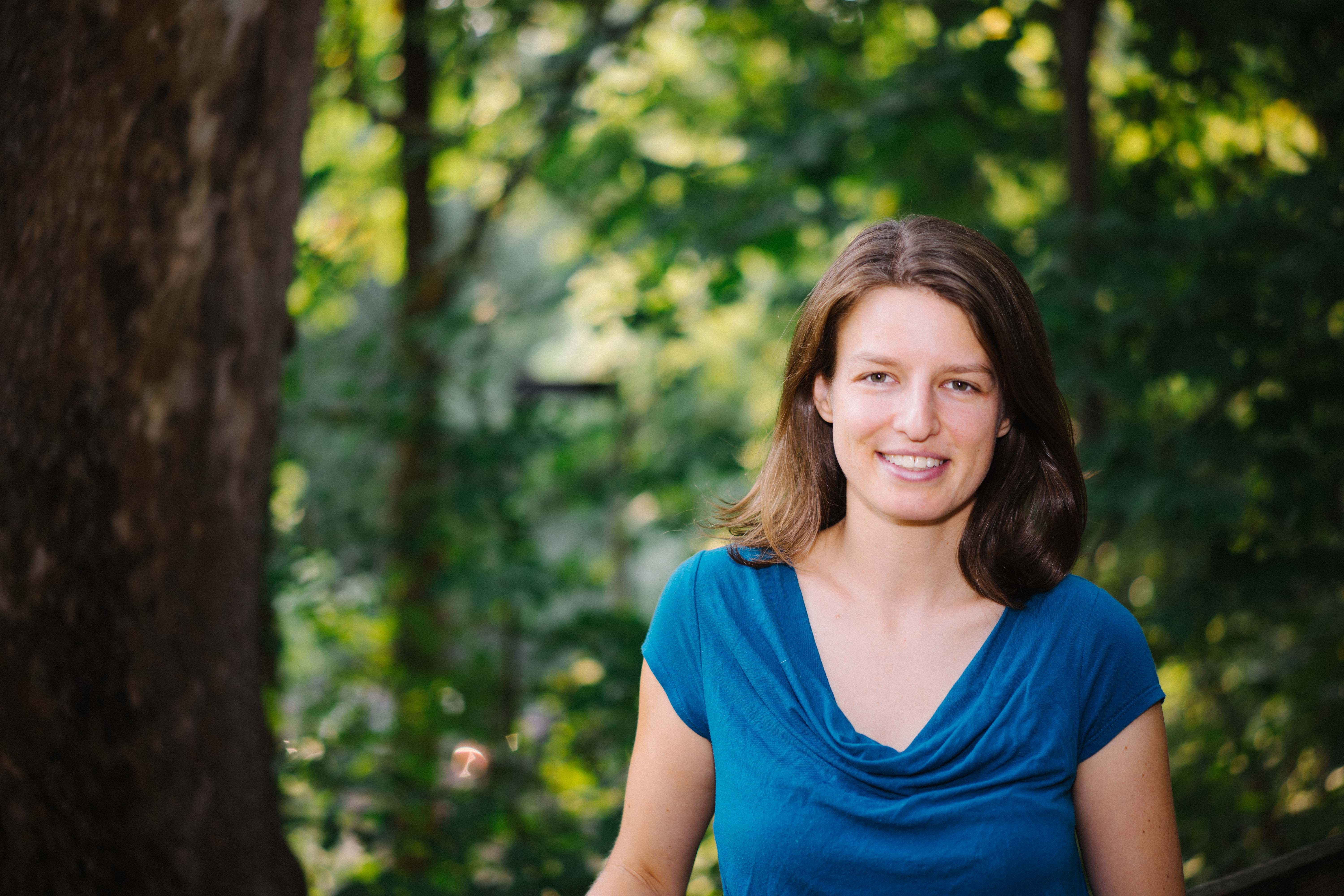 It was a Friday night, the skies were clear, traffic on I-76 was light, and the Center City Philadelphia streets were bustling. I was going to meet friends for a birthday celebration at a karaoke bar on 20th and Chestnut Streets.
It was a Friday night, the skies were clear, traffic on I-76 was light, and the Center City Philadelphia streets were bustling. I was going to meet friends for a birthday celebration at a karaoke bar on 20th and Chestnut Streets.
I worked my way south on 23rd street and approached Chestnut, preparing to make a left turn. When the light turned green, two couples were standing near the edge of the sidewalk outside the driver’s side window, as if getting ready to cross. They were laughing and chatting, but looked to be in motion, and I couldn’t quite tell which way they would proceed. When I realized that they were hesitating and waiting to continue behind me down Chestnut, I began the left turn, looking ahead a second too late.
Directly in front of my headlights was a woman who had begun to cross from the opposite corner. I had been so focused on the group near me that I neglected to re-check the other side of the street before moving forward. I hit the brakes and stopped less than an inch from her knees. She slammed her hands on the hood of the car to brace herself and looked at me with an expression of surprise, fear and anger. In the lights, she looked frozen and shocked.
- Details
- Written by IIRP Staff
John W. Bailie, Ph.D., President of the International Institute for Restorative Practices (IIRP) Graduate School, invites the local community to the Opening Session of its 2019 World Conference, Community Leadership. Keynote speakers will address how to heal violence, polarization and sexual abuse.
Monday, October 21, 9:00 a.m. (Free)
Central Moravian Church, 73 W. Church St., Bethlehem, PA 18018
Learn more and register: iirp.edu/free-iirp-session
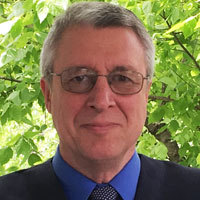 "From Violent to Thriving Society: Trauma-Organized Systems and Their Opposites" — Walter C. Long. Founder, Texas After Violence Project
"From Violent to Thriving Society: Trauma-Organized Systems and Their Opposites" — Walter C. Long. Founder, Texas After Violence Project
Walter will suggest how our society might transform systems that promote violence, trauma and toxic stress — in criminal justice, schools, government, organizations and communities — into regenerative systems where health and well-being are enhanced, polarization and domination are diminished, and individuals can thrive.
- Details
- Written by IIRP Staff
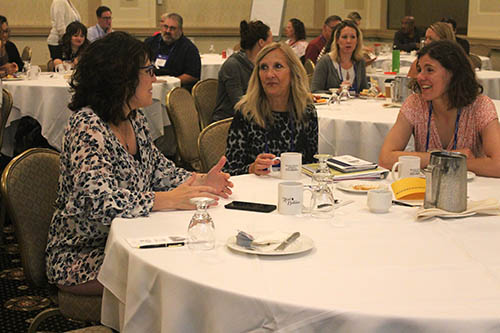 The IIRP Summer Symposium, Advancing Community Well-Being Through Restorative Practices, was a dynamic two-and-a-half-day experience. Through interactive activities, lecture and open-ended questions, IIRP faculty and other speakers challenged participants to think about community health and restorative practices in new ways.
The IIRP Summer Symposium, Advancing Community Well-Being Through Restorative Practices, was a dynamic two-and-a-half-day experience. Through interactive activities, lecture and open-ended questions, IIRP faculty and other speakers challenged participants to think about community health and restorative practices in new ways.
Community health is a multi-disciplinary field that applies public health science to improve health and quality of life for everyone in a community. Restorative practices is an emerging social science that studies how to strengthen relationships between individuals, as well as social connections within communities.
While restorative practices can respond to harm and help repair relationships, most of the time the practices should be employed proactively, to build community and prevent harm. The Symposium focused on this proactive approach.
Community health practitioners can utilize restorative practices to create a social environment that fosters health and well-being in a systemic and sustainable way.
- Details
- Written by Kerra L. Bolton
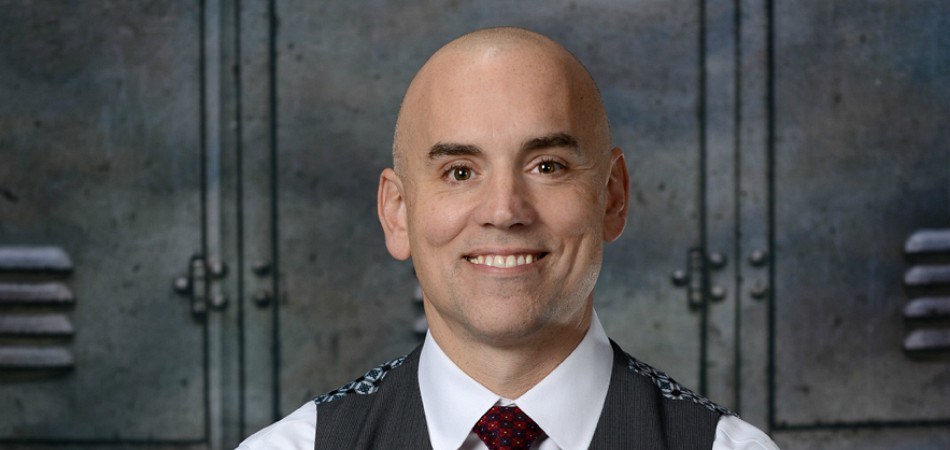 Writer Kerra Bolton of BuildingANewReality.com recently interviewed IIRP President John W. Bailie, Ph.D., about his presentation at the 2019 IIRP Europe Conference: Community Well-Being and Resilience. Download Dr. Bailie's paper, A science of human dignity: Belonging, voice and agency as universal human needs.
Writer Kerra Bolton of BuildingANewReality.com recently interviewed IIRP President John W. Bailie, Ph.D., about his presentation at the 2019 IIRP Europe Conference: Community Well-Being and Resilience. Download Dr. Bailie's paper, A science of human dignity: Belonging, voice and agency as universal human needs.
Is there a science of human dignity?
John W. Bailie, Ph.D. thinks there is.
Bailie is the president of the International Institute for Restorative Practices (IIRP), the first accredited graduate school wholly dedicated to restorative practices. Restorative practices is “an emerging social science that studies how to strengthen relationships between individuals as well as social connections within communities.”
He recently spoke on his theory about the science of human dignity to a transformational group of leaders, practitioners, changemakers, scholars and community advocates. We gathered at Buda Island in Kortrijk, Belgium, to learn more about using restorative practices to enhance community well-being and resilience.
- Details
- Written by Laura Mirsky
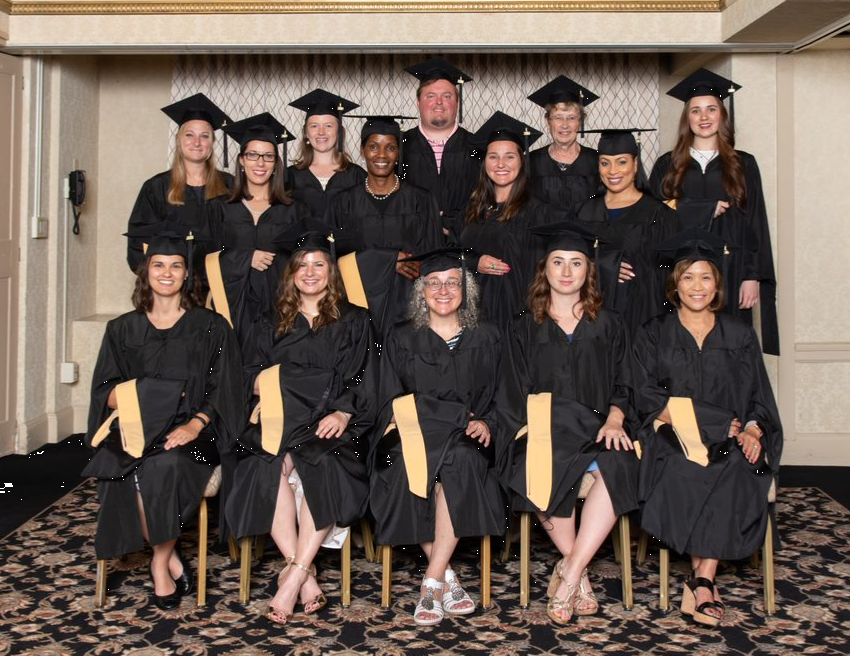 The 12th Commencement of the IIRP Graduate School took place Sunday, July 21, 2019, in Bethlehem, Pennsylvania. Fourteen recipients of the Master of Science in Restorative Practices — out of a class of 20 — travelled to attend the ceremony from as far away as Costa Rica, St. Lucia and the Yukon! The new graduates are involved in the fields of education, justice and the social services. Including the class of 2019, the IIRP has conferred 208 master's degrees.
The 12th Commencement of the IIRP Graduate School took place Sunday, July 21, 2019, in Bethlehem, Pennsylvania. Fourteen recipients of the Master of Science in Restorative Practices — out of a class of 20 — travelled to attend the ceremony from as far away as Costa Rica, St. Lucia and the Yukon! The new graduates are involved in the fields of education, justice and the social services. Including the class of 2019, the IIRP has conferred 208 master's degrees.
Bill Ballantine, Chair of the IIRP Board of Trustees; John W. Bailie, Ph.D., IIRP President; and Craig W. Adamson, Ph.D., IIRP Provost, each offered welcome remarks to the friends and family attending and watching live on Facebook from all over the world.
Graduate Keisha Allen, Executive Director of the Training Institute for IIRP partner, Black Family Development, Inc., in Detroit, delivered an inspiring Commencement address. In a reflection on the power of "engagement," Keisha shared how that power has impacted her life and work.
- Details
- Written by Rachel Lee
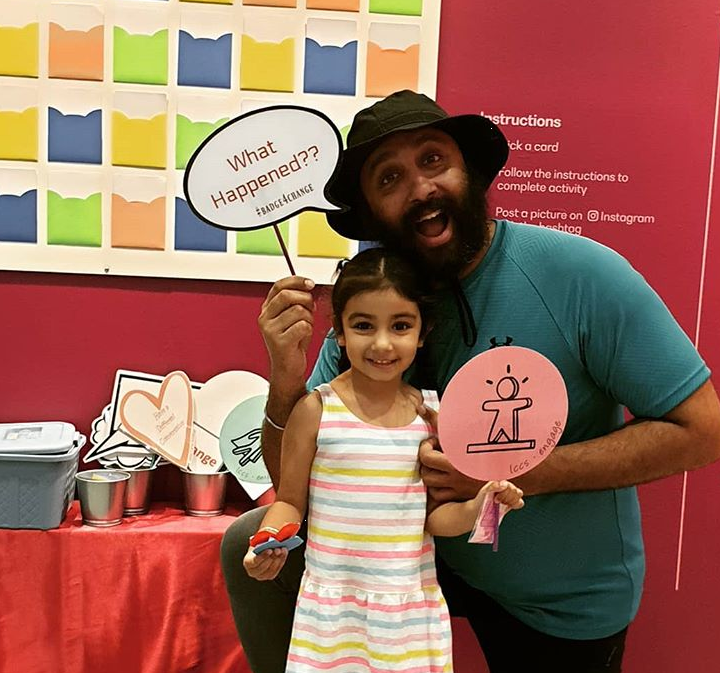 IIRP partner Lutheran Community Care Services (LCCS), of Singapore, is determined to spread restorative practices across the entire island republic. “Our goal is the universal application of restorative practices everywhere,” declares Justin Mui, Director.
IIRP partner Lutheran Community Care Services (LCCS), of Singapore, is determined to spread restorative practices across the entire island republic. “Our goal is the universal application of restorative practices everywhere,” declares Justin Mui, Director.
They're making great progress, introducing the practices to more than 45 organizations, including the Housing & Development Board (HDB), the State Courts, the prison system and religious organizations.
The HDB provides public housing to 80 percent of Singapore's population, with a mixture of Chinese, Indian, Malay and Filipino residents. Restorative practices helps bridge cross-cultural differences and tensions and resolves neighborhood disputes that would have gone to the State Courts.
- Details
- Written by IIRP Staff
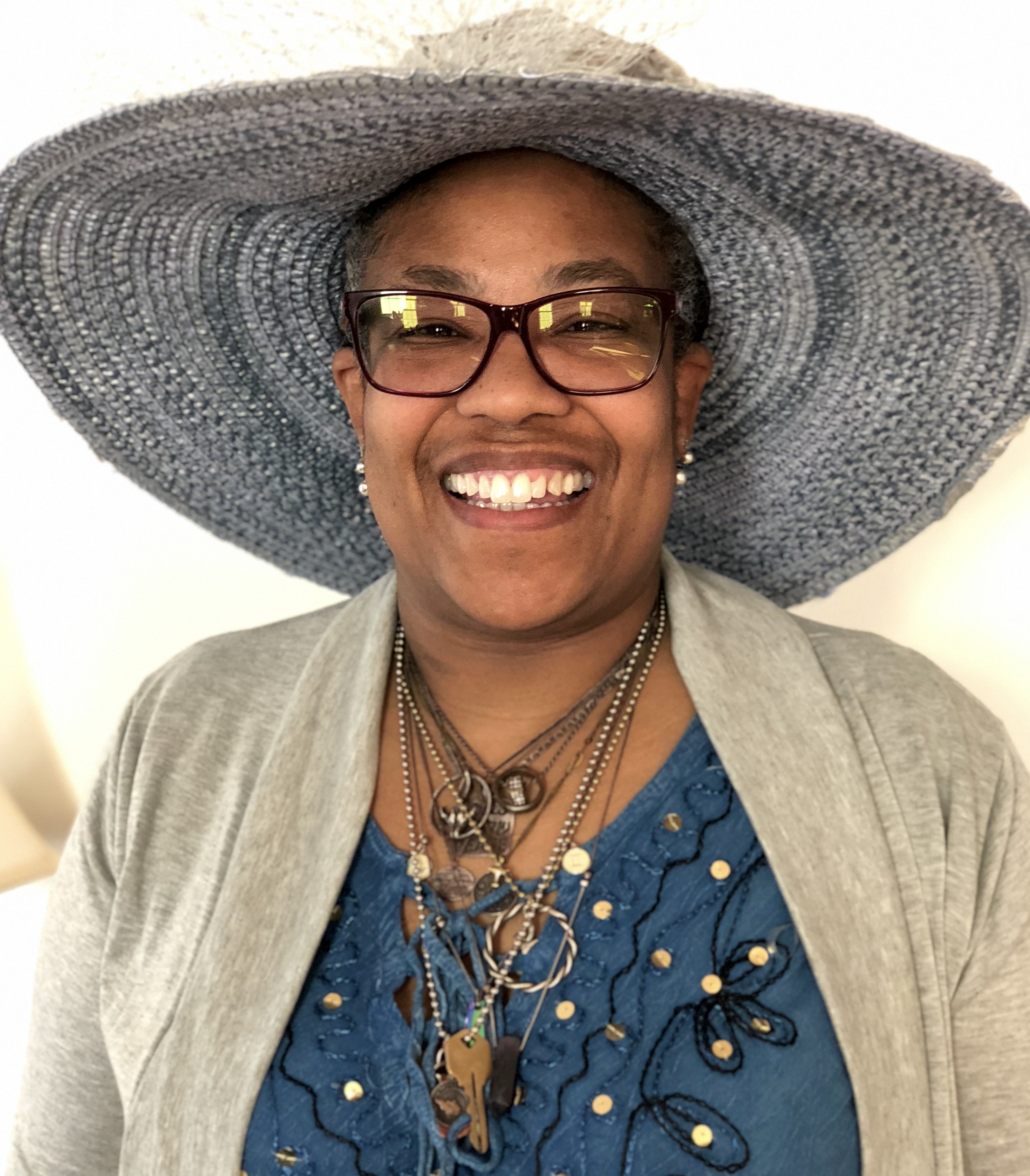 The 2019 Shawn Suzch Scholarship has been awarded to Kecia McMillian. Kecia has spent many years working with young people, including those who are homeless, underrepresented, and who have mental health and/or intellectual and developmental disabilities.
The 2019 Shawn Suzch Scholarship has been awarded to Kecia McMillian. Kecia has spent many years working with young people, including those who are homeless, underrepresented, and who have mental health and/or intellectual and developmental disabilities.
The scholarship is awarded annual in memory of Shawn Suzch, a young man who overcame adversity with courage and determination.
Currently an in-home tutor for youth who are struggling with learning, Kecia believes in meeting students where they are to help them reach their goals.
- Details
- Written by Rachel Lee
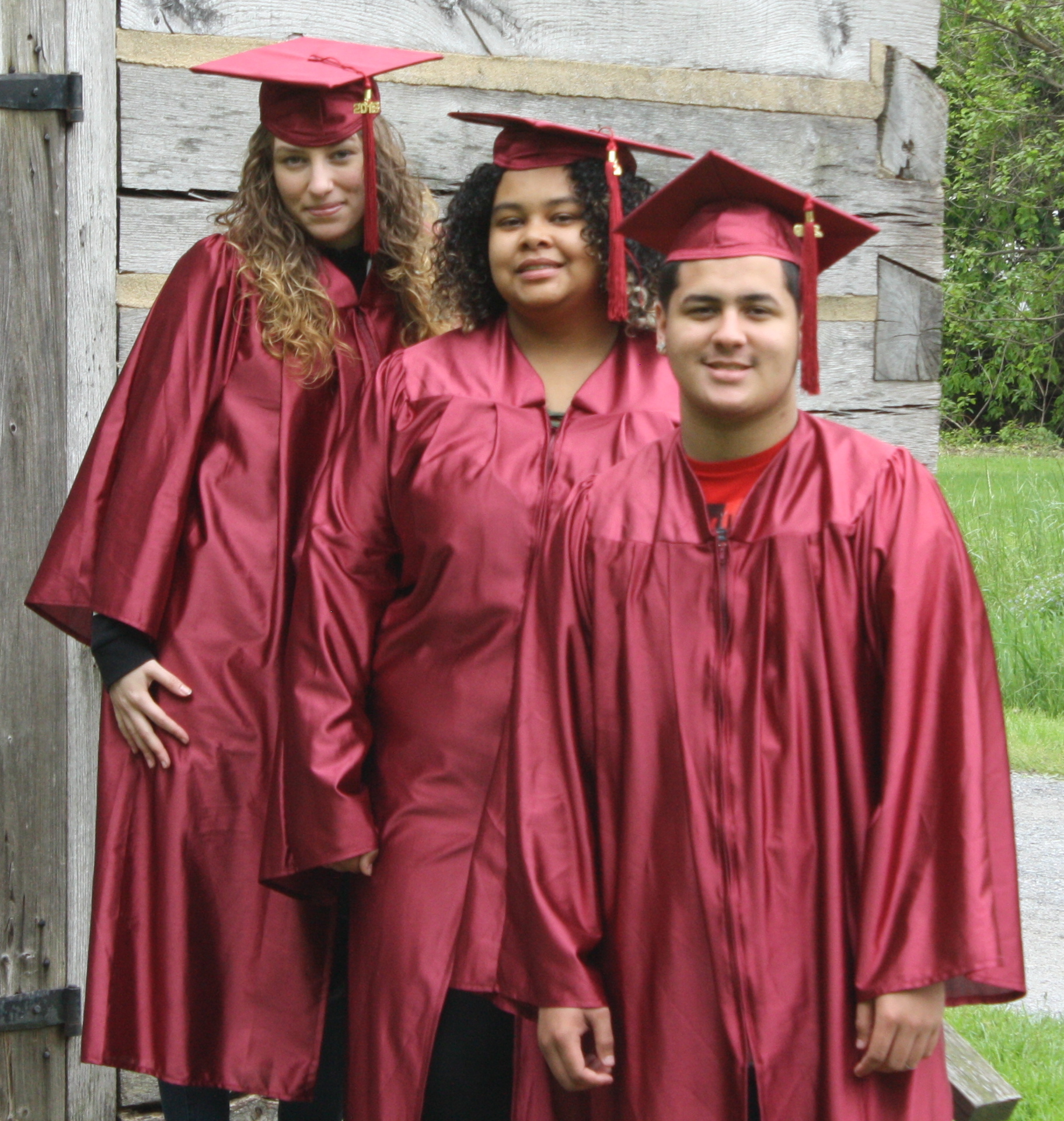
I expected a speech from the school coordinator Karen Engle, but I didn’t expect the students to share such compelling stories of transformation and community.
There was a palpable sense of comradery throughout the day. “The ceremony is to celebrate the graduates, of course, but we are also celebrating all the other students as they return to their public schools or continue here,” Karen explained.
Almost every student received at least one award: most improved, most curious, most enthusiastic, most supportive... Every student also shared their proudest change. The student changes made a strong impression on me: opening up to people, controlling anger, making better decisions and successfully staying at one school for a whole year.
The three graduates are testaments to the importance of community and commitment to personal growth at Buxmont Academy.

Restorative Works Year in Review 2024 (PDF)
All our donors are acknowledged annually in Restorative Works.
